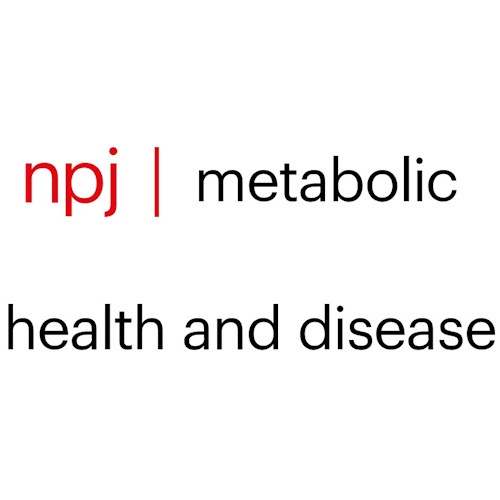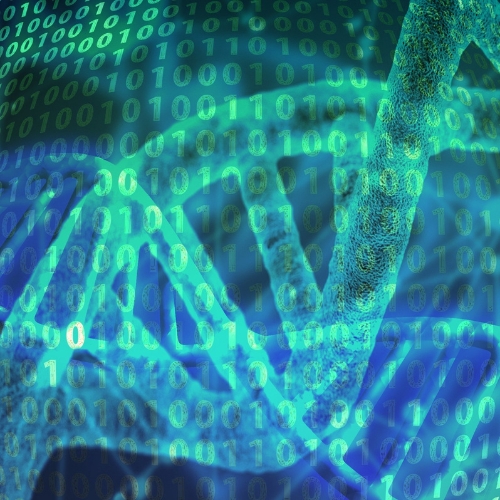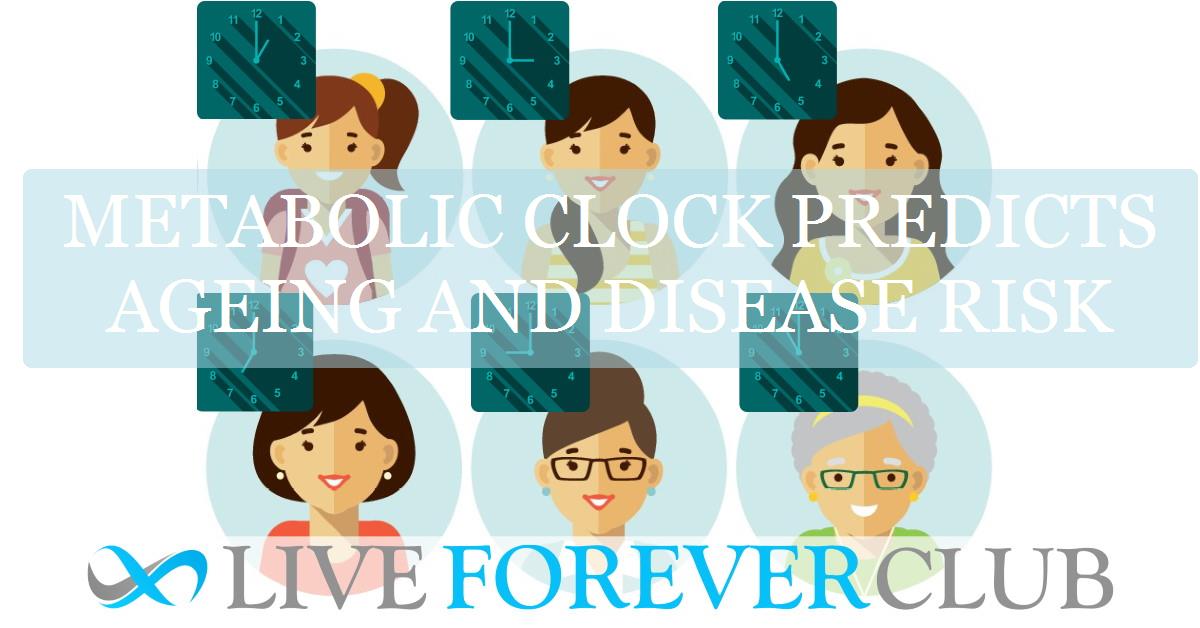Key points from article :
A team of scientists from CIC bioGUNE, led by Prof. José M. Mato and Dr. Óscar Millet, has developed a new “metabolic clock” that can estimate a person’s biological age and reveal early signs of disease from a simple blood test. Their findings, published in npj Metabolic Health and Disease (Nature Portfolio), describe how this tool uses NMR metabolomics and machine learning to analyze small molecules in the blood, offering a more accurate measure of health than chronological age. The study drew on data from more than 13,500 participants in the AKRIBEA cohort, part of a large-scale health initiative in the Basque Country.
The clock works by identifying discrepancies between chronological age and “metabolic age.” These differences, the researchers argue, may act as early warning signs of disease. For instance, in prostate cancer patients, metabolic age was on average five years older than actual age, while in people with metabolic dysfunction–associated steatotic liver disease (MASLD), the gap was over 14 years. The tool was also able to detect unique aging patterns across different subtypes of liver disease, highlighting its potential to uncover subtle biological changes that standard clinical tests might miss.
Beyond predicting biological age, the platform can estimate more than 25 standard health parameters—such as markers of inflammation or kidney function—from the same blood sample. This makes it a powerful tool for personalized medicine, enabling clinicians to gain a comprehensive picture of a patient’s health from a single, non-invasive test. As Dr. Millet explains, much of this information is already “encoded within a serum NMR spectrum,” and the challenge lies in extracting and interpreting it effectively.
The research is part of CIC bioGUNE’s broader commitment to advancing precision medicine within the CIBERehd research network and other initiatives. With further validation, the team hopes the metabolic clock could be integrated into healthcare systems worldwide, helping people detect disease earlier and monitor the pace of their aging more accurately—ultimately supporting longer, healthier lives.






